
Lists and designations
Welcome to UNESCO's lists and designations around the world. Discover the Organisation's endeavours to promote sustainable development, protect culture and foster peace.
World Heritage
Heritage is our legacy from the past, what we live with today, and what we pass on to future generations. Our cultural and natural heritage are both irreplaceable sources of life and inspiration. What makes the concept of World Heritage exceptional is its universal application. World Heritage sites belong to all the peoples of the world, irrespective of the territory on which they are located.
UNESCO seeks to encourage the identification, protection and preservation of cultural and natural heritage around the world considered to be of outstanding value to humanity. This is embodied in an international treaty called the Convention concerning the Protection of the World Cultural and Natural Heritage, adopted by UNESCO in 1972.
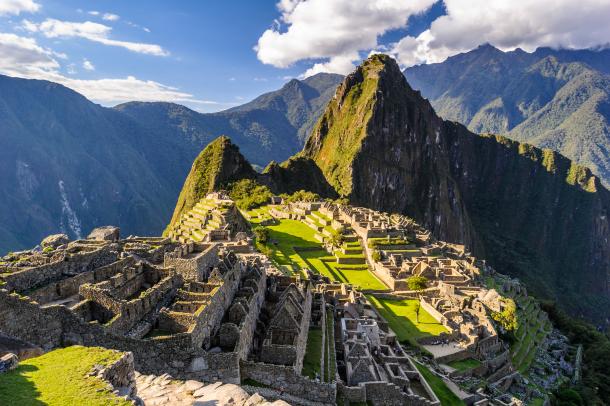
Biosphere Reserves
Biosphere reserves promote solutions reconciling the conservation of biodiversity with its sustainable use. They are learning areas for sustainable development under diverse ecological, social and economic contexts, touching the lives of more than 250 million people.
There are currently 727 biosphere reserves in 131 countries, including 22 transboundary sites, that belong to the World Network of Biosphere Reserves.
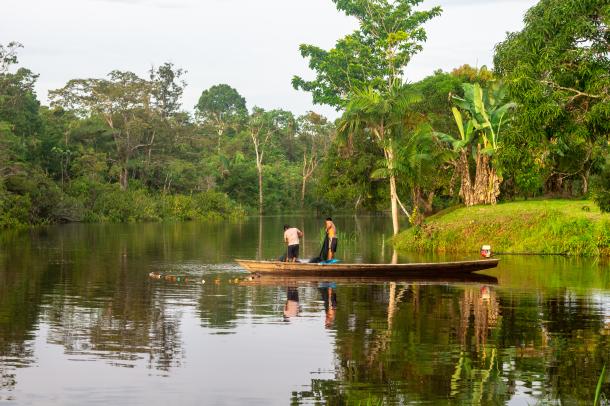
Intangible Cultural Heritage
The term ‘cultural heritage’ has changed content considerably in recent decades, partially owing to the instruments developed by UNESCO. Cultural heritage does not end at monuments and collections of objects. It also includes traditions or living expressions inherited from our ancestors and passed on to our descendants, such as oral traditions, performing arts, social practices, rituals, festive events, knowledge and practices concerning nature and the universe or the knowledge and skills to produce traditional crafts.
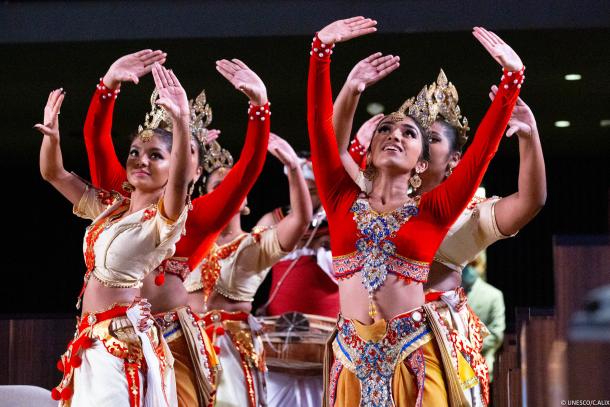
UNESCO Global Geoparks
UNESCO Global Geoparks are single, unified geographical areas where sites and landscapes of international geological significance are managed with a holistic concept of protection, education and sustainable development. Their bottom-up approach of combining conservation with sustainable development while involving local communities is becoming increasingly popular. At present, there are 169 UNESCO Global Geoparks in 44 countries. A full list is available with more details on each geopark.

Creative Cities
The UNESCO Creative Cities Network (UCCN) was created in 2004 to promote cooperation with and among cities that have identified creativity as a strategic factor for sustainable urban development. The 246 cities which currently make up this network work together towards a common objective: placing creativity and cultural industries at the heart of their development plans at the local level and cooperating actively at the international level.
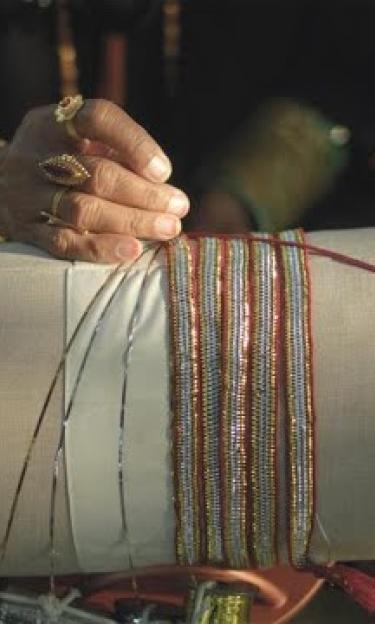
Memory of the World Register
UNESCO established the Memory of the World Programme in 1992. Impetus came originally from a growing awareness of the parlous state of preservation of, and access to, documentary heritage in various parts of the world.War and social upheaval, as well as severe lack of resources, have worsened problems which have existed for centuries. Significant collections worldwide have suffered a variety of fates. Looting and dispersal, illegal trading, destruction, inadequate housing and funding have all played a part. Much as vanished forever; much is endangered. Happily, missing documentary heritage is sometimes rediscovered.
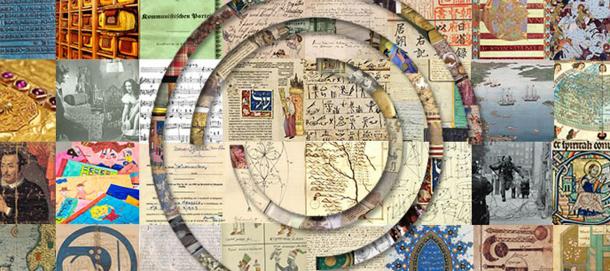
UNESCO's Atlas of the World's Languages in Danger
UNESCO’s Atlas of the World’s Languages in Danger is intended to raise awareness about language endangerment and the need to safeguard the world’s linguistic diversity among policy-makers, speaker communities and the general public, and to be a tool to monitor the status of endangered languages and the trends in linguistic diversity at the global level.
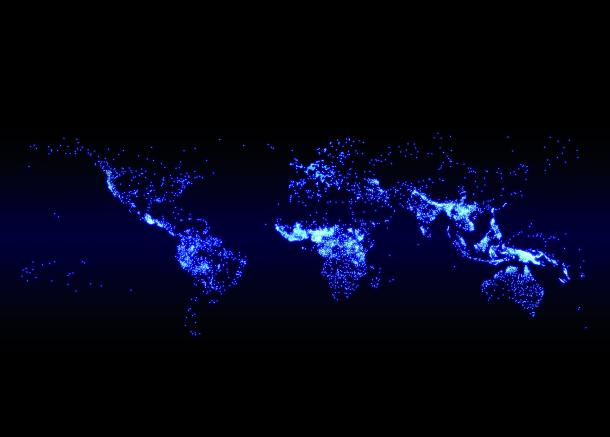
UNESCO Global Network of Learning Cities
The UNESCO Global Network of Learning Cities is an international policy-oriented network providing inspiration, know-how and best practice. Learning cities at all stages of development can benefit greatly from sharing ideas with other cities, as solutions for issues that arise as one learning city develops may already exist in other cities.

UNESCO Goodwill Ambassadors
Through the actions of its Goodwill Ambassadors, Artists for Peace and Champions, UNESCO raises public awareness of its mandate and programmes. Once appointed, these personalities agree to use their talent and fame to carry high UNESCO’s values and goals, through the events that they organize, the projects that they carry out and the debates in which they participate.
The UNESCO Goodwill Ambassadors programme also increases the visibility of UNESCO's actions to make them more widely known to decision-makers and the general public, and, in some cases, to raise funds.

Prizes
Since 1951, UNESCO's 23 prizes have been awarded to projects offering sustainable solutions to the global challenges of gender equality, the fight against poverty, access to quality and inclusive education, climate change monitoring and cultural diversity for a culture of peace. If innovation is at the heart of your strategy, if your project meets the new needs of local communities, supports digital transformation or anticipates the evolution of society by focusing on artificial intelligence, UNESCO Prizes can give a boost to your research, bring an expert eye and increase visibility on global innovation actors working to transform lives and make decisive progress for humanity.


